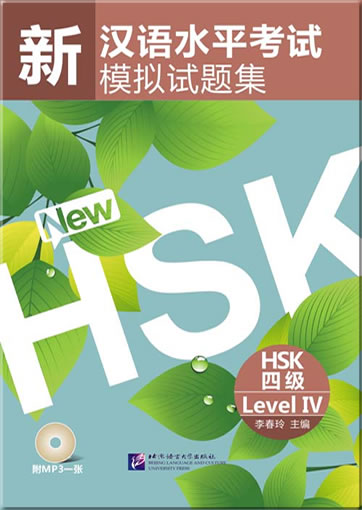The Chinese proficiency test can be confusing to new students, which is why we’ve developed a HSK wiki embodied in this website. Most students seem to only know the basics: that the HSK is the Chinese national standardized to check and assess the Chinese language proficiency of non-native speakers. Takers of the HSK include “foreigners,” (i.e., white people) overseas Chinese and Chinese minorities wishing to enter college in China. The test was designed by the Beijing Language Institute (Beijing Language and Culture University or BLCU now) in 1984 and passed the appraisal of experts in 1990. It made itself available for testing abroad in 1991. The HSK has been a topic of Chinese education in the united states for multiple decades: see university webpages for HSK wiki examples. Understanding the HSK is not an easy task, which is why we are talking about an HSK wiki in the first place. The HSK wiki can be divided into sections, the sections of the HSK exam: HSK Fundamental, HSK Elementary-Intermediate and HSK Advanced.
HSK Wiki — The HSK Certificate
One important aspect of the HSK, and something you will learn more about as you browse this wiki, is that the HSK offers a certificate to students passing its test. The certificate represents your proficiency in that level of the HSK exam. Each level offers two certificates: the standard certificate and the certificate “with honors.” I urge students not to care too much about these differences but instead look at the actual level they’ve passed, as that’s what universities do anyhow. Keep in mind that most universities and high-level jobs in China require a HSK certificate. The level they require differs, but the lowest tends to be level 4.
HSK Wiki — Should I Take the Lower Levels?

This leads us to a typical question people search for on the HSK wiki: Should I take the lower levels first? Many simply take the HSK test when they’re ready to pass the level they need because they don’t want to waste money on the lower levels. The irony in this is that they often are unprepared and end up failing, thereby needing to retake their goals level. If you wish to monitor your progress in learning Chinese while you approach your goal level, taking the lower levels is a huge help. The HSK is undoubtedly the most extensively reputed check of proficiency in the Mandarin Chinese language, and students who want to know where they stand should take it even if they feel the lower level certificates cannot help them. Many teachers give unaccurate rules of thumb for guessing your level in respect to the HSK (e.g., “If you’ve studied 800 hours, you can pass level 2”). But the only way to really know for sure is to take the damn HSK.
HSK Wiki — Vocabulary is the Key
It’s essential to know copious amounts of vocabulary before you take this examination. This goes double for the reading and listening sections, which tend to test you almost exclusively on individual word knowledge or the knowledge of set phrases. Our guides on the Chinese HSK wiki will give you the lists of words needed for each level of the test. But even if you don’t use our guides, know that vocabulary tends to be the core of this exam. You will also need to have a strong writing (typing) ability for the later levels of the examination and a good speaking ability for the optional section of the HSK. But trust this HSK wiki when we tell you that having a superb vocabulary is usually enough to do well enough to pass the given level of the HSK exam.


